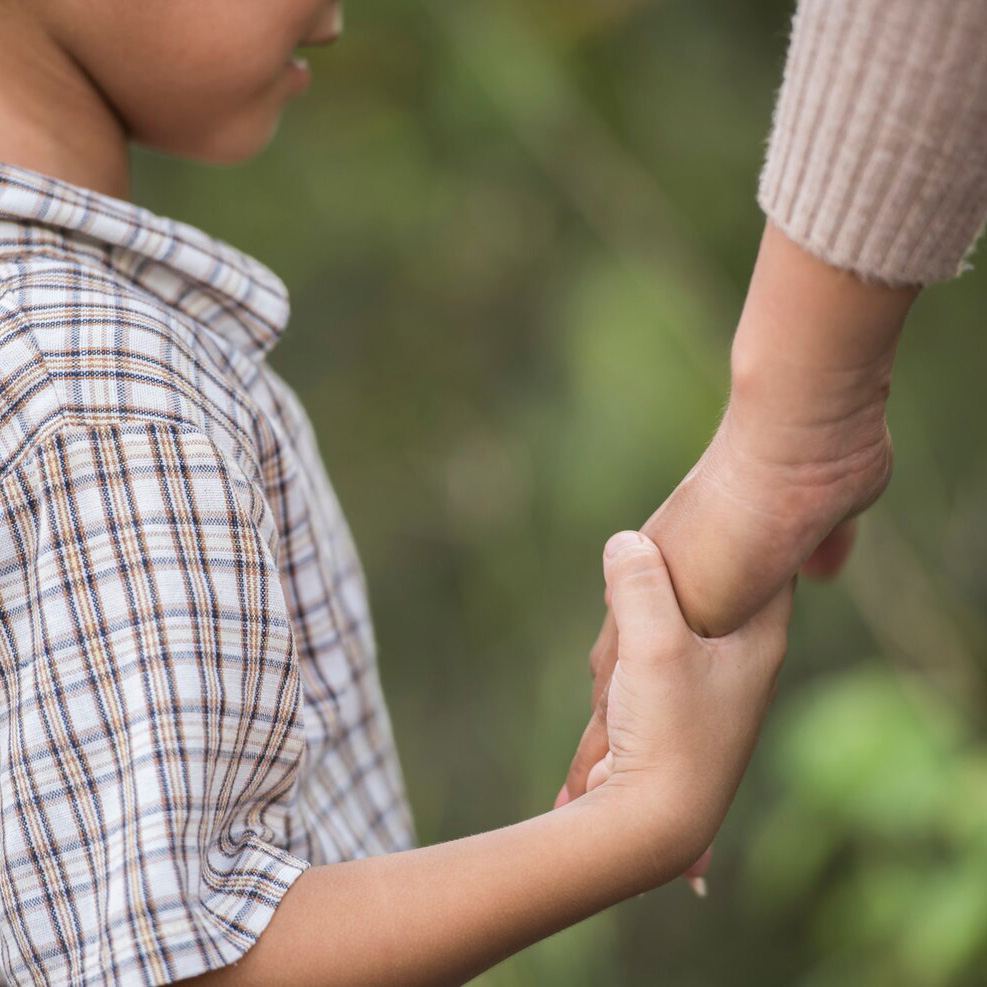
Childhood bereavement is more common than we often realise. Every 22 minutes in the UK, a child loses a parent, that’s roughly one child in every classroom. Globally, an estimated 153 million children have lost one or both parents. Behind these numbers are young lives forever changed.
For children, grief isn’t just a temporary sadness. It can shape how they grow emotionally, how they do in school, and how they see themselves in the world. What makes the difference is how the adults around them respond. Ideally with honesty, empathy, and steadiness.
Here are some of the most important ways we can support grieving children.
Recognise How Grief Looks at Different Ages
Children don’t experience grief in one uniform way.
- Young children may not understand that death is permanent. They might ask when someone is “coming back.”
- Primary school children often begin to realise death is final but can struggle with guilt, sometimes worrying they caused the loss.
- Teenagers grasp death on a more adult level but may withdraw, lash out, or hide their feelings.
The key is to remember that confusion, big emotions, and even unusual reactions (like laughter in sad moments) are all normal.
Create Safety and Stability
One of the greatest gifts adults can give grieving children is a sense of safety. This means:
- Consistent routines (bedtimes, meals, school runs).
- A steady presence from trusted adults.
- Reassurance that they are loved and cared for.
- Showing them that all questions are welcome at anytime
When children feel secure, they can begin to face their emotions without fear of losing their footing.
Talk About Death Honestly
It’s tempting to soften the truth with phrases like “gone to sleep” or “passed away.” But children benefit from clear, simple language:
“Grandma died because her body stopped working.”
Honesty prevents confusion and builds trust. Encourage questions, even if they’re difficult. Let children express sadness, anger, or curiosity, and keep reminding them that the death was not their fault.
Give Children Ways to Remember
Memorial rituals help children feel connected. These don’t need to be formal or grand. They might include:
- Drawing pictures or writing letters.
- Lighting a candle.
- Creating a memory box.
- Including them in small parts of a funeral, with preparation.
What matters is that they’re included, supported, and given space to honour their loved one in their own way.
Model Healthy Grieving
Children watch how adults handle loss. By showing your own sadness, by talking about feelings openly, and by returning to everyday routines, you give them a model of resilience. Consistency, hugs, and simply listening go further than you might think.
Know When to Reach Out for Help
Sometimes children need more than family support. Signs that extra help might be useful include:
- Persistent withdrawal.
- Aggressive behaviour.
- Anxiety that doesn’t ease.
- Ongoing low mood.
In these cases, professional counselling can make a big difference.
Explore Trusted Resources
Several organisations offer excellent support for grieving children and families:
- Winston’s Wish
- Child Bereavement UK
- Grief Encounter
- Hope Again (by Cruse Bereavement Support)
- Childhood Bereavement Network
Each provides guidance, helplines, and resources tailored to children and young people.
Gentle Reminders for Supporting a Grieving Child
- Be honest, not vague.
- It’s never too early to acknowledge loss.
- Funerals can be helpful when children are prepared for what to expect.
- Always reassure them: you are loved, you are not to blame, and you are not alone.
Final Thought
When children lose someone they love, their whole world can feel shaken. But with patience, honesty, and consistent care, we can help them find their footing. We can’t take the pain away, but we can make sure they never have to walk through it unsupported.
✨ If you’d like more reflections and practical tools on living with loss, you can explore my guided meditations and stories for children
and grief resources :